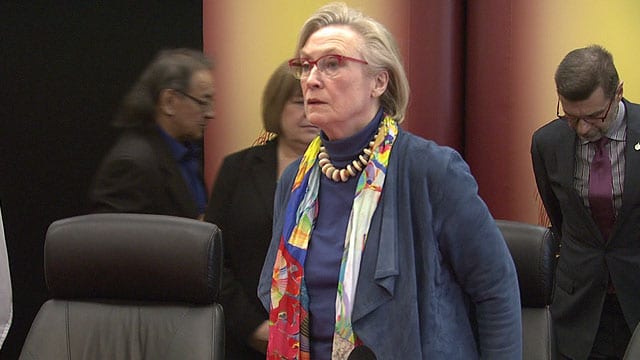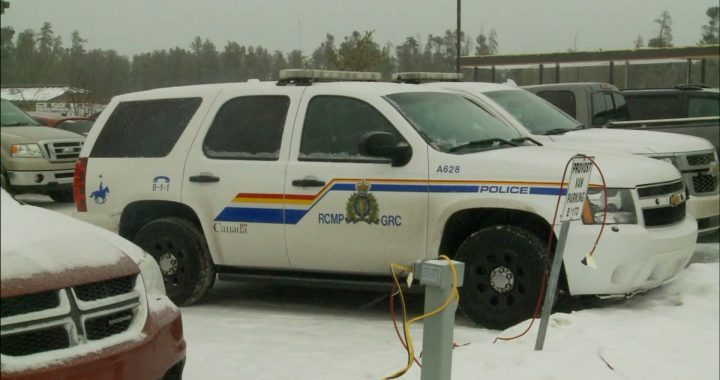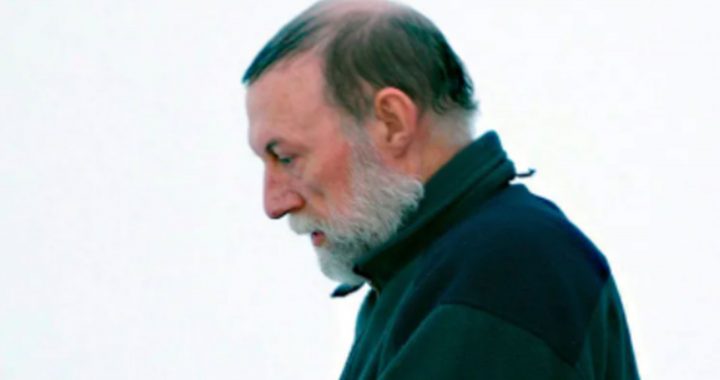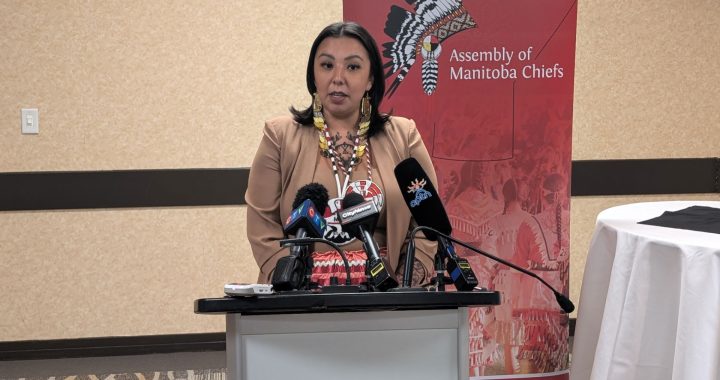Advocates are appealing for compassion from some of the lawyers involved in the national ’60s Scoop settlement.
“This case is about survivors,” said Elaine Kicknosway of the National Indigenous Survivors of Child Welfare Network.
“We are concerned that the success of the settlement now hinges upon three law firms and Canada agreeing to renegotiate the legal fees.”
Kicknosway’s group wants the three firms – Koskie Minsky, Merchant Law Group and Klein Law – to “de-link” or separate their fee negotiations an Ontario judge rejected last week so the settlement can proceed without them. Two other firms agreed to the de-link request.
The federal government, which offered the $875-million settlement last fall, also wants to see that happen.
“They have waited far too long to be recognized and for the harm done to them to be acknowledged,” Crown-Indigenous Relations Minister Carolyn Bennett said in a statement.
“They should not be made to wait any longer nor suffer through any more court battles.”
The judge’s decision, released last week, has put the compensation settlement in limbo.
“This is really hard on survivors,” Kicknosway added in a telephone interview Wednesday.
“Once again, our fate is dependent on someone else.”
Kicknosway’s words have a double meaning – first survivors were “scooped up” in a 40-year-old adoption plan that took them away from the homes and culture, and now they are waiting again for someone to recognize their needs.
“That is why I am hopeful that all legal counsel involved in discussions over legal fees will do the right thing and agree to settle that issue in a separate, parallel process,” Bennett said in the release.
An estimated 22,000 First Nations and Inuit survivors are eligible for the compensation package.
Verna Clark is one of them. She was sent to live with a non-Indigenous family in Alberta when she was eight years old.
“I am the one that went through the system in place and not a legal team,” she told APTN News Wednesday.
“I feel so grossly abused by authority.”
Pressure is mounting on the firms to “do the right thing,” said Kicknosway of Ontario.
Her group and its allied organizations say any money saved in the renegotiation of legal fees should go the proposed ‘60s Scoop healing foundation.

Crown-Indigenous Relations Minister Carolyn Bennett.
Bennett agrees with that, too.
“Should legal fees be reduced after a process of fair negotiation, the unused funds will be redirected to the national foundation,” the minister noted in the release.
The judge who approved the settlement but not the fees – Edward Belobaba of Ontario Supreme Court – also pointed to the lawyers.
“It would be beyond tragic,” he said in his written ruling, “if the Sixties Scoop Settlement Agreement was derailed or delayed because of an unseemly squabble among class counsel over fees.”
Funds for the fees – $75 million – were included in the settlement offer so survivors wouldn’t have to pay them. This means they don’t have to hire a lawyer to obtain their compensation of between $25,000 and $50,000 or access their adoption records from between 1951 and 1991.
APTN News has learned lawyers met with Belobaba Tuesday and were encouraged to meet with his federal court counterpart Judge Michael Shore about the fees.
Shore, who approved the entire settlement in May, including the legal fees, released his written reasons for the decision on June 21.
He described the $750 million for survivors, $50 million for an Indigenous healing foundation and $75 million for legal fees as being in everyone’s best interests.
Survivor Kelvin Robertson of Saskatchewan is willing to accept the full lawyers’ fees if the firms commit to “reconciliation.”
He says the firms “deserve acknowledgment and respect for the work they have done thus far” and can be part of the healing going forward if they hire more Indigenous people, act in good faith towards class-action members, and “don’t let their own personal beliefs or interests confound their vision.
“Frankly, it’s not my business how much they get paid,” he said in a statement he shared with APTN.
“I just hope they include us in their businesses in the future and to enact Indigenous recruitment policy. Our elders say we need our youth in those places working with those lawyers towards justice.”
A call seeking comment from lawyer Tony Merchant, a spokesman for the three firms, was not returned by publication time.
The two firms that agreed to de-link are Wilson-Christen and Cooper Law. Belobaba said they earned their fees and he approved them.










